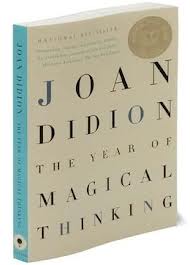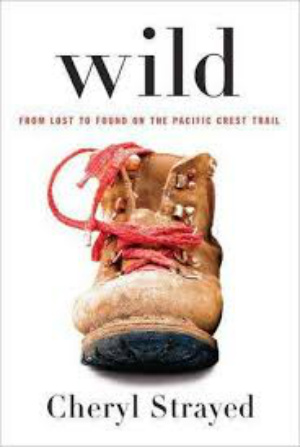Writing a Memoir: Unless You’re a Celebrity, It’s Not All About You
Biff Barnes
Aging rock stars, sports heroes, entertainment icons and politicians can get away with simply telling occasionally sanitized stories of their lives in their memoirs. Our celebrity-obsessed culture laps them up.
That won’t work for the rest of us. The reading audience wants more.

Vivian Gornick in The Situation and the Story, put it well when she wrote, “Truth in a memoir is achieved not through a recital of actual events; it is achieved when the reader comes to believe that the writer is working hard to engage with the experience at hand. What happened to the writer is not what matters; what matters is the large sense the writer is able to make of what happened.”
The audience is looking to a memoir for understanding of a universal experience. What can the experiences the author recounts tell them about their own lives? Overcoming obstacles, resiliency, loyalty, love, loss, friendship, service, self-sacrifice, aging, and compassion are all experiences essential to the human condition. They have served as the themes of countless memoirs. The way a reader experienced any one of them may differ substantially from the way the memoirist did. But viewing the universal experience through another set of eyes may give the reader a clearer of the road ahead.
Let’s look at the way this played out in two wonderful memoirs about one such theme – grief.
Joan Didion in her memoir of her experience of her husband novelist John Gregory Dunne death, The Year of Magical Thinking observes, grief is "the most general of afflictions…"
Didion, whom novelist and poet James Dickey has called "the finest woman prose stylist writing in English today," chose to deal with her grief by in a characteristically literary way.
Robert Pinsky, in The New York Times, explains, “… Didion tells her story largely by tracing a kind of dance between two kinds of deceptive language: on one side, there is the half-secret, personal language of "magical thinking" that creates needs, interdictions, omens…On the other side, equally evasive, more subtly irrational, there are the voices of society…On another level, there are the larger, more official voices of organizations and of history.”

She finds them all inadequate to the task of coping with the enormity of losing the love of her life. The words do not prepare us for it when it arrives. Said Didion, "Nor can we know ahead of the fact (and here lies the heart of the difference between grief as we imagine it and grief as it is) the unending absence that follows, the void, the very opposite of meaning, the relentless succession of moments during which we will confront the experience of meaninglessness itself."
Cheryl Strayed, whose book Wild: From Lost to Found on the Pacific Crest Trail has been recognized as one of the top memoirs of 2012, decided to confront the grief following the death of her mother and the implosion of her own life by taking an eleven hundred mile hike.
Dani Shapiro, reviewing Wild in The New York Times writes, “Wild: From Lost to Found on the Pacific Crest Trail” is at once a breathtaking adventure tale and a profound meditation on the nature of grief and survival.”
It is the meditation much more than the adventure story that connects with the reader. As Shapiro observes, “Perhaps her adventure is so gripping because Strayed relates its gritty, visceral details not out of a desire to milk its obviously dramatic circumstances but out of a powerful, yet understated, imperative to understand its meaning.”
It is that search for a meaning that allows not only the author, but her readers to understand the powerful life experiences that all of us share that makes for a great memoir.